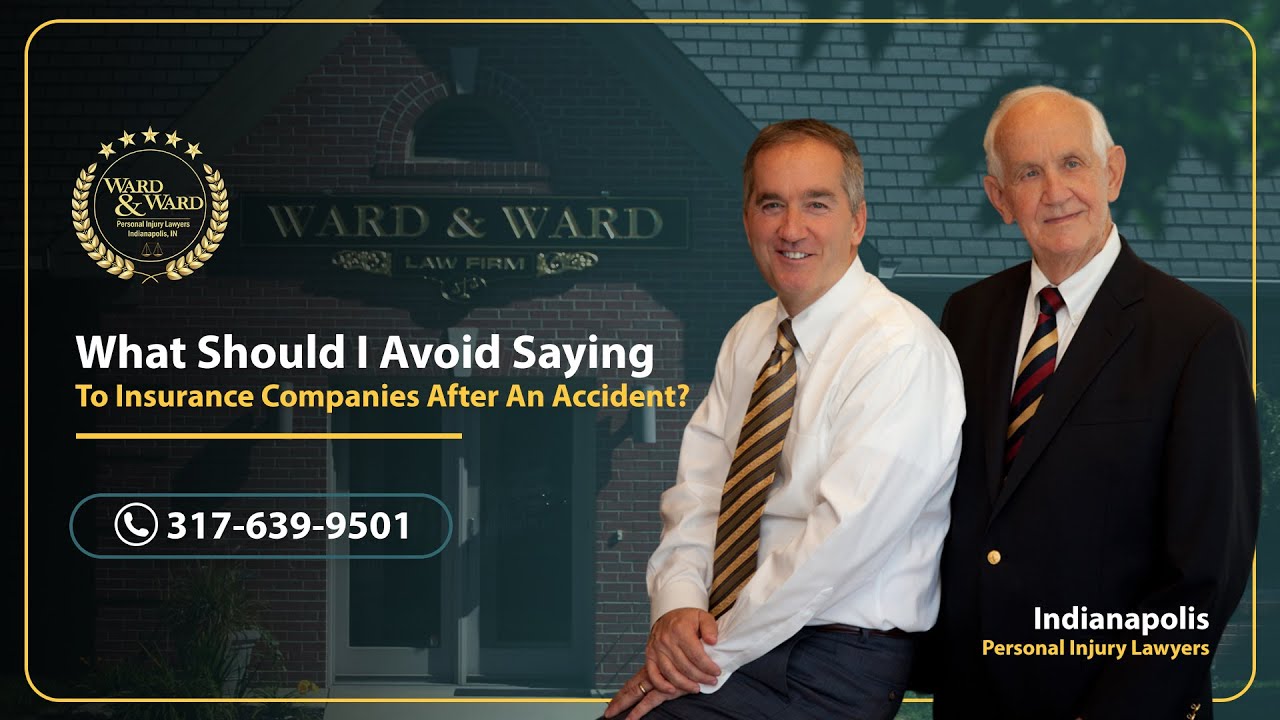Tort Reform for Acts of Medical Negligence in Indianapolis, IN – Is it the Best We Can Do for Injured Parties?
Indiana’s tort reform endeavors
Unless you’ve been harmed by the negligence of a health care provider, you probably aren’t aware that in 1975 Indiana led the nation in tort reform legislation, placing caps on medical negligence claims. The stated aims of Indiana’s tort reform endeavors were two-fold: to keep physicians from fleeing Indiana during the malpractice crisis of the seventies; and to keep healthcare costs to a manageable level.
During the national healthcare debate of 2010, we heard a lot from Washington about “tort reform” as a necessary precursor to reducing health care costs across the nation. However, most states have already enacted their own brands of tort reform. Washington insiders unsuccessfully sought unifying legislation that would wrench the authority from the states and seat it in the lap of federal legislation. Presently, the objective of the American Tort Reform Association is to work on this battle on a state by state basis. Today, most states have some form of tort reform on the books. Indiana Code Annotated § 34-18-14-3 addresses “Recovery Limitations” also known as “caps” for medical negligence claims.
The earliest Indiana legislation stipulated that prior to 1990, the total amount recoverable for an act of medical negligence or the wrongful death of a patient by a medical caregiver may not exceed $500,000. Since 1975, legislators have twice increased the awards. Currently, for claims accruing on or after July 1st, 1999, the total maximum amount awarded to the plaintiff is capped at $1,250,000. On their website, the Indiana State Medical Association clearly states:
“Physicians are only responsible for the first $250,000 in damages to any patient for one act of malpractice and no more than $750,000 in the annual aggregate. Indiana’s Patient’s Compensation Fund (PCF) pays any excess, not to exceed $1 million — for a total of $1.25 million.” [Key Features of Indiana’s Medical Malpractice Act published online by the Indiana State Medical Association.]
In 1975, Frank Cornelius, a successful and influential lobbyist for the Indiana Institute of Insurance, helped secure passage of Indiana’s original medical tort reform law. Fourteen years later, in an ironic twist of fate, Mr. Cornelius suffered a succession of serious and permanently disabling medical acts of negligence brought about by the same medical providers he sought to protect with legislation. His injuries required permanent confinement to a wheelchair and his breathing was only made possible with the aid of a respirator. Just prior to his death, in a letter written to the New York Times on October 7, 1994 he wrote an article entitled “Crushed By My Own Reform.” It states in part:
“Make no mistake, damage caps are arbitrary, wholly disregarding the nature of the injury and the pain experienced by the plaintiff. They make it harder to seek and recover compensation for medical injuries; extend unwarranted special protection to the medical industry; and remove the only effective deterrent to negligent medical care, since the medical profession has never done an effective job of disciplining negligent doctors.” [Read the full text of Mr. Cornelius’ letter here.]
While the constitutionality of capping medical negligence awards and awards for negligent acts resulting in wrongful death has been challenged based on the Seventh Amendment to the Constitution, the State of Indiana has routinely upheld the authority of Indiana to legislate tort reform. However, most recently, on October 25, 2011, the Indiana Court of Appeals issued a preliminary opinion in the case of Plank v. Community Hospitals of Indiana, Inc. and State of Indiana stating that Mr. Plank, husband of the deceased, was entitled to an evidentiary hearing on the subject of the constitutionality of the State’s malpractice cap. We’ll keep you informed of this issue if new developments occur.
We are very fortunate to live in a country where opinions can be stated. The national organizations in favor of tort reform are well-funded and voice their opinions with catch phrases that appeal to the headlines. But good decisions by government representatives can only be made when the public is educated on all sides of an issue.
Ward & Ward Law Firm has over eighty five years of legal experience with personal injury and wrongful death claims and continues to seek justice for clients that have been harmed by the negligence of others. Our firm and medical malpractice lawyers in Indianapolis, IN receive no legal fees or expenses unless we collect damages on your behalf. Call Charlie Ward today for a free evaluation of your claim.
Charlie Ward
(317) 639-9501
www.wardlawfirm.com

